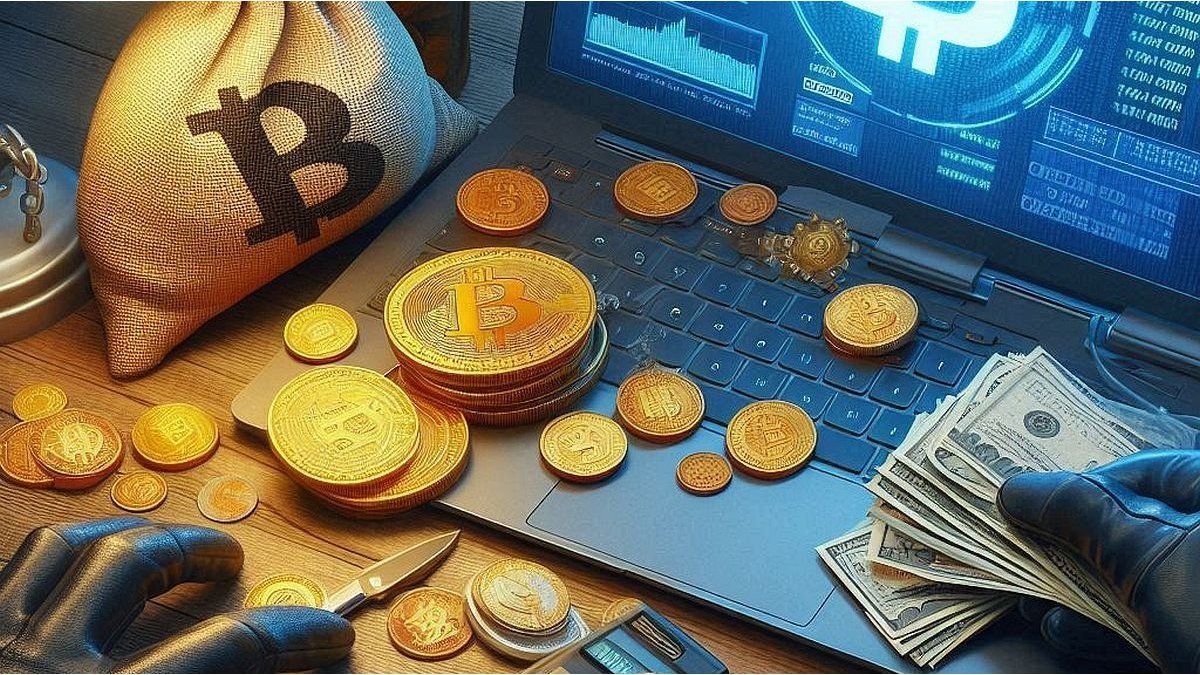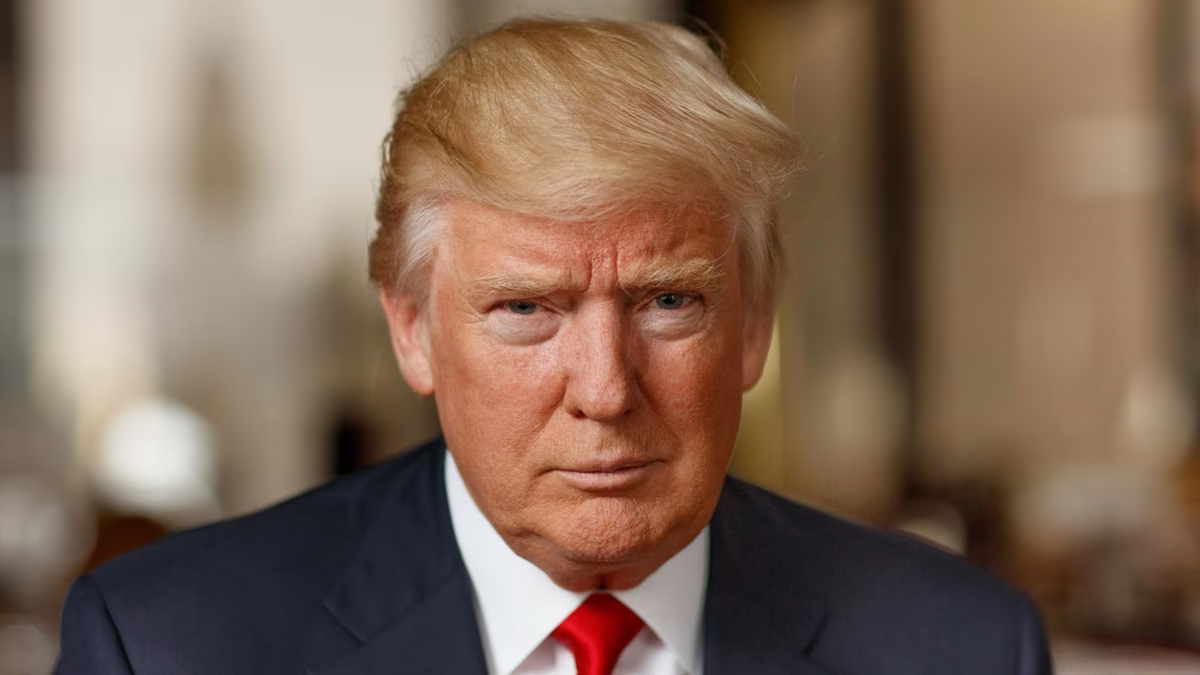Javier Milei It is not just a disruptive politician; He is a character who mixes economics, cryptocurrencies and a halo of esoteric mysticism that separates it from any other contemporary leader. Its admiration for the crypto ecosystem is no coincidence: it represents a world where capital moves without regulations, opacity is norm and power is concentrated in a few hands. But is this fascination with the crypto a reflection of its ideology or a strategy to insert itself in a financial elite that challenges the State and institutions? In this article, we explore the connections between Milei, the Crypto magnates and the technoplutocracy that seeks to redefine the global economic order.
This syncretism between digital economy, hidden beliefs and political leadership configures an insurmountable profile within an extravagant global panorama, where uncertainty and symbolism play a central role in their narrative.
Someone said “Nothing good can come from an activity that begins with the word crypt”. Crypt is a shortening of the word cryptography. According to the Royal Academy of the Spanish Language, Crypt, of the Greek κρυπτς – “Kryptós”, means hidden or undercover.
In recent years, the emergence of cryptocurrencies, blockchain platforms and the decentralized financial ecosystem has given rise to a new class of economic elites that share certain characteristics with the magnates of digital platforms, but that operate in a more opaque environment, with more lax regulations and unprecedented access to global markets outside state control. These crypto-magnates have accumulated huge fortunes and a power of influence that transcends the financial sphere, impacting the world’s regulation, regulation and economic stability. To them, to that world Milei admires, has treated and done everything possible to “belong”.
Central figures of the crypto ecosystem: curricula and prompt
The cryptocurrency ecosystem has generated a series of actors who have accumulated multimillion -dollar fortunes in record times, positioning themselves as new leaders of the digital economy. Among them are entrepreneurs of brilliant financial and technological minds and other controversial:
- Changpeng Zhao (CZ): Founder of Binancethe world’s largest exchange, which It has been subject to investigations for alleged money laundering and lax regulations.
- Sam Bankman-Fried (SBF): Founder of FTXwhose collapse in 2022 revealed the fragility and lack of regulation of the crypto sector.
- Brian Armstrong: CEO of Coinbaseone of the few crypto companies that They quote on a stock market and that has tried to establish a bridge between the traditional economy and the blockchain.
- VITALIK BUTERIN: Co -founder of Ethereumdriver of blockchain technology and intelligent contracts, with a more decentralized vision of power.
- Justin Sun: Founder of Tron, controversial figure with accusations of fraud and market manipulation.
- Michael Saylor: Former CEO of Microstrategypromoter of Bitcoin as a reserve of corporate value.
- Richard Heart: Crypto influencer, creator of Hex and wrapped in controversies for alleged pyramidal scams.
These actors have built financial emporiums that challenge the traditional structures of capitalismwith a combination of technological innovation, aggressive marketing and regulatory empty.
The relationship with political power and regulations
Although the narrative of cryptocurrencies is based on decentralization and elimination of intermediaries, Crypto-Magnates have built close links with key political actors, just like Elon Musk or Marc Zuckerberg:
- Lobby and political financing: Crypto companies They have spent millions in lobby to influence favorable regulations. Sam Bankman-Fried, for example, donated great sums to political campaigns in the US.
- Regulatory pressure: US governments, China and the EU have begun to implement stricter restrictions and regulations, but the resistance of the sector is strong.
- Relations with political figures: Some Crypt business have promoted “libertarian ideologies”, aligning with politicians such as Javier Milei or alternative right -wing legislators in the USA.
This relationship between crypto-magnates and political power reinforces the Technoplutocratic character of this ecosystemallowing these actors to continue operating with flexible regulations and maintain their economic power.
Opaque financial ecosystem and relationship with organized crime
Anonymity and lack of regulation have turned cryptocurrencies into a Attractive tool to perform illegal activities:
- Money laundering and organized crime: Drug and trafficking networks have used cryptoactive to evade financial controls.
- Stablecoins and its impact on emerging markets: Tether (USDT) and other stablcoins have facilitated the evasion of sanctions and have been adopted in unstable economies.
- Ponzi scams and schemes: Many crypto projects have turned out to be fraudtaking advantage of the lack of financial education and speculation.
Crisis and volatility: a systemic risk
The crypto ecosystem has been characterized by boom and fall cycles (boom & bust) extremes:
- Terra/Luna collapse: It demonstrated the fragility of the defi ecosystems and the lack of support in algorithmic stablcoins.
- FTX and the crisis of trust: FTX’s collapse revealed the interconnection of crypto actors and system vulnerability.
- Bitcoin and its relationship with traditional markets: Despite their promise of decentralization, Bitcoin and other crypts have shown correlations with traditional financial markets.
Comparison with traditional technological magnates
While crypto-magnates and technological magnates share characteristics, there are key differences.
image.png
Crypto-magnates have emerged as a new elite within technoplutocracy, challenging the traditional structures of capitalism and creating a parallel financial ecosystem. However, volatility, lack of regulation and The constant scandals like $ pound They have questioned the sustainability of their power model. In the coming years, their relationship with governments and their ability to avoid systemic collapses will determine their permanence as dominant actors in the global economy.
In addition, its integration within the framework of Technoplutocracy expands the conclusions on power concentration, alteration of democracy and surveillance capitalism. Crypto-magnates, like traditional technological magnates, contribute consciously or unconsciously to the erosion of democratic institutions and the displacement of the economic control of the states towards private entities with an unprecedented scope.
The rise of cryptocurrencies is not just a technological or financial issue. It is the symptom of a paradigm shift where power no longer resides in states, but in opaque networks managed by technocrats and digital speculators. Milei, with his libertarian rhetoric and his faith in the crypto, embodies the transition to a world where the rules of the game are no longer dictated by democracy, but algorithms, exchanges without regulation and parallel markets. Are we witnessing a financial revolution or the prologue of a new digital oligarchy? On this chess board, the pieces are already moving, but the key question remains: Who really moves the threads?
Director of Esperanza Foundation. https://fundacionesperanza.com.ar/ UBA postgraduate professor and masters in private universities. Master in International Economic Policy, Doctor of Political Science, Author of 6 Books
Source: Ambito
I am Pierce Boyd, a driven and ambitious professional working in the news industry. I have been writing for 24 Hours Worlds for over five years, specializing in sports section coverage. During my tenure at the publication, I have built an impressive portfolio of articles that has earned me a reputation as an experienced journalist and content creator.




